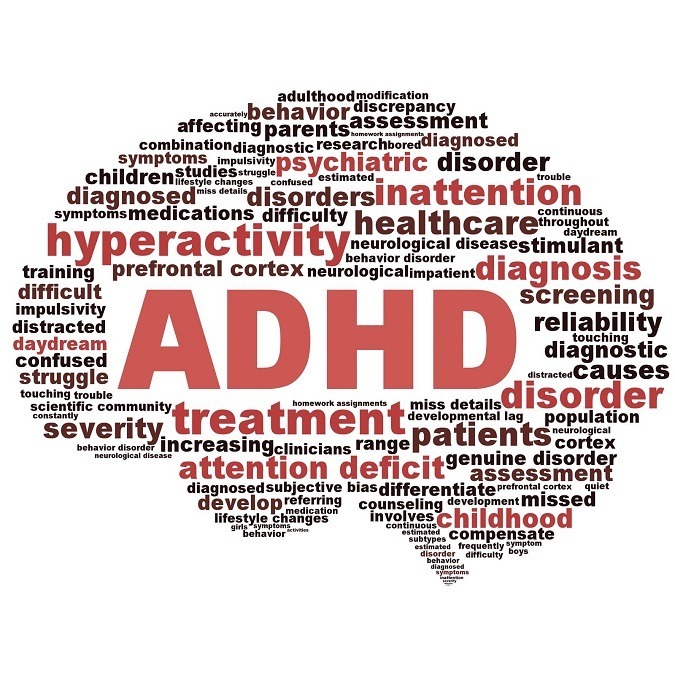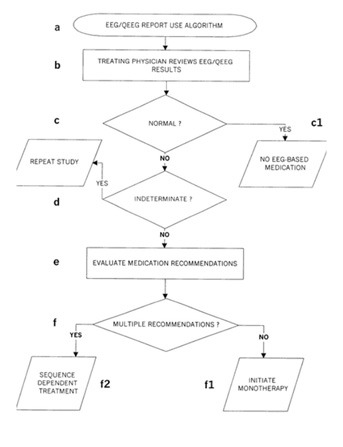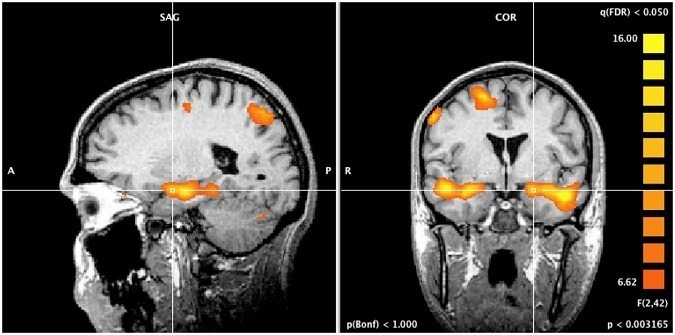Posts Tagged ‘medication’
Survey: Parents view Exercise as more effective than Prescription Medications to treat children with ADHD
Consider how research support for ADHD treatments are typically established. The ‘gold-standard’ approach would be a randomized-controlled trial in which children with ADHD are randomly assigned to the treatment or control group. The treatment, whatever it happens to be, would be carefully implemented in a research-based protocol. If possible
Read More5 Must-Read Articles, and an Online Course, to Help Children with ADHD
—– Given the ongoing changes and controversies surrounding ADHD diagnosis and treatment, let us highlight 5 key articles written by Duke University’s Dr. David Rabiner to summarize recent scientific findings and their implications, plus a very relevant online course to help parents and professionals help children with ADHD. 1. Study finds large gaps between research and practice…
Read MoreStudy shows why children with ADHD should be reevaluated each year: Attention problems perceived by teachers are far less stable than we imagine
— While the study below was published a few years ago, it makes an important point that I think is worth revisiting. In the study, published in the Journal of Developmental and Behavioral Pediatrics, my colleagues and I looked at how frequently teacher ratings of inattentive symptoms persist in children from one grade to the…
Read MoreUpdate: Study Debunks Four Common Myths About Brain Training and Lifelong Cognitive Enhancement
— Time for a new edition of SharpBrains’ e‑newsletter exploring the latest in brain health. New research: Study debunks 4 common myths about brain training and lifelong cognitive enhancement Don’t overlook sleep difficulties in children with ADHD; they may impair functioning as much as ADHD itself Cognitive Behavioral Therapy (CBT), not medication, drives long-term rewiring of the…
Read MoreClassifying and treating physiologic brain imbalances using quantitative EEG: Key Neurotech Patent #15
Today we are sharing a 2003 patent assigned to CNS Response, Inc. (As mentioned, we are featuring a foundational Pervasive Neurotech patent a day, from older to newer by issue date) U.S. Patent No. 6,622,036: Method for classifying and treating physiologic brain imbalances using quantitative EEG. Assignee(s): CNS Response, Inc Inventor(s): Stephen Suffin Technology Category: EEG Issue Date: September 16, 2003…
Read MoreStudy: Cognitive Behavioral Therapy (CBT), not medication, drives long-term rewiring of the brain to help reduce psychosis symptoms
Talking therapy changes the brain’s wiring, study reveals for first time (ScienceDaily): “A new study from King’s College London and South London and Maudsley NHS Foundation Trust has shown for the first time that cognitive behaviour therapy (CBT) strengthens specific connections in the brains of people with psychosis, and that these stronger connections are associated…
Read More




